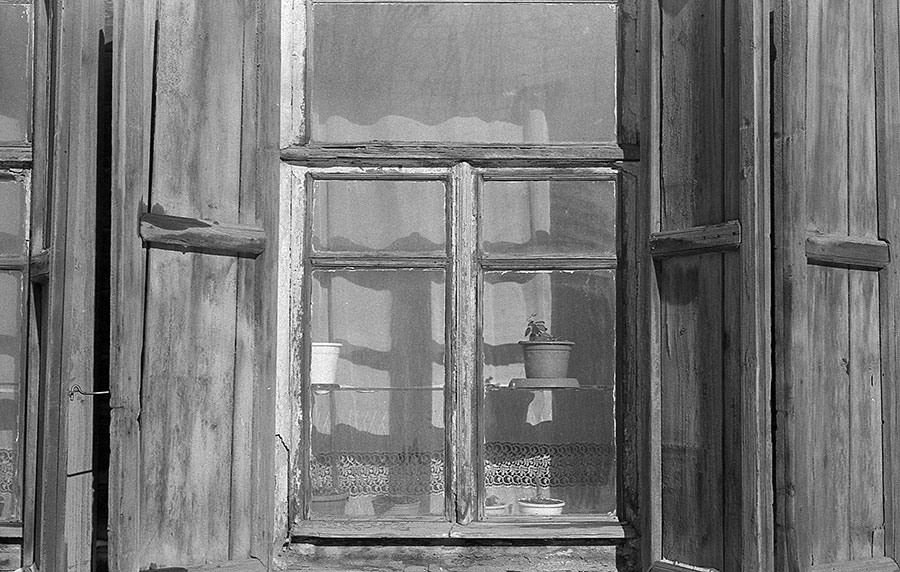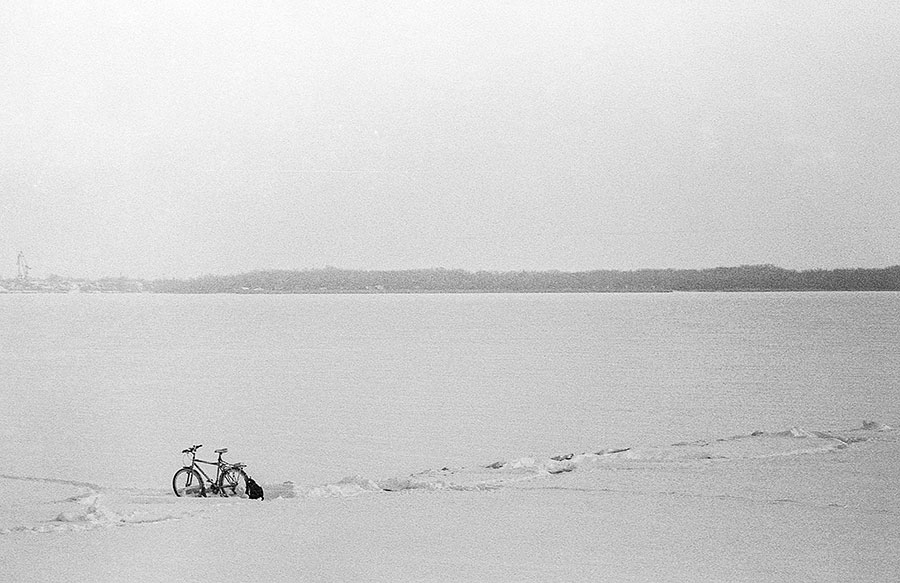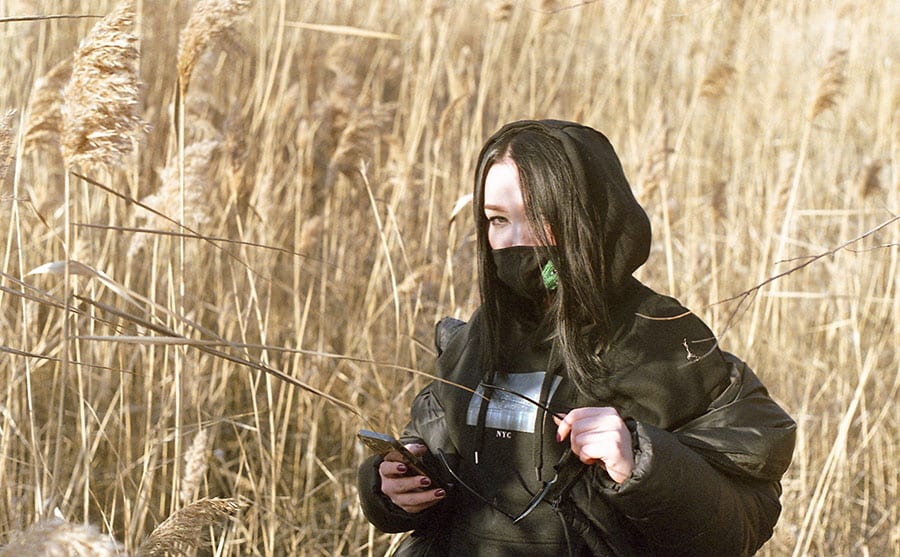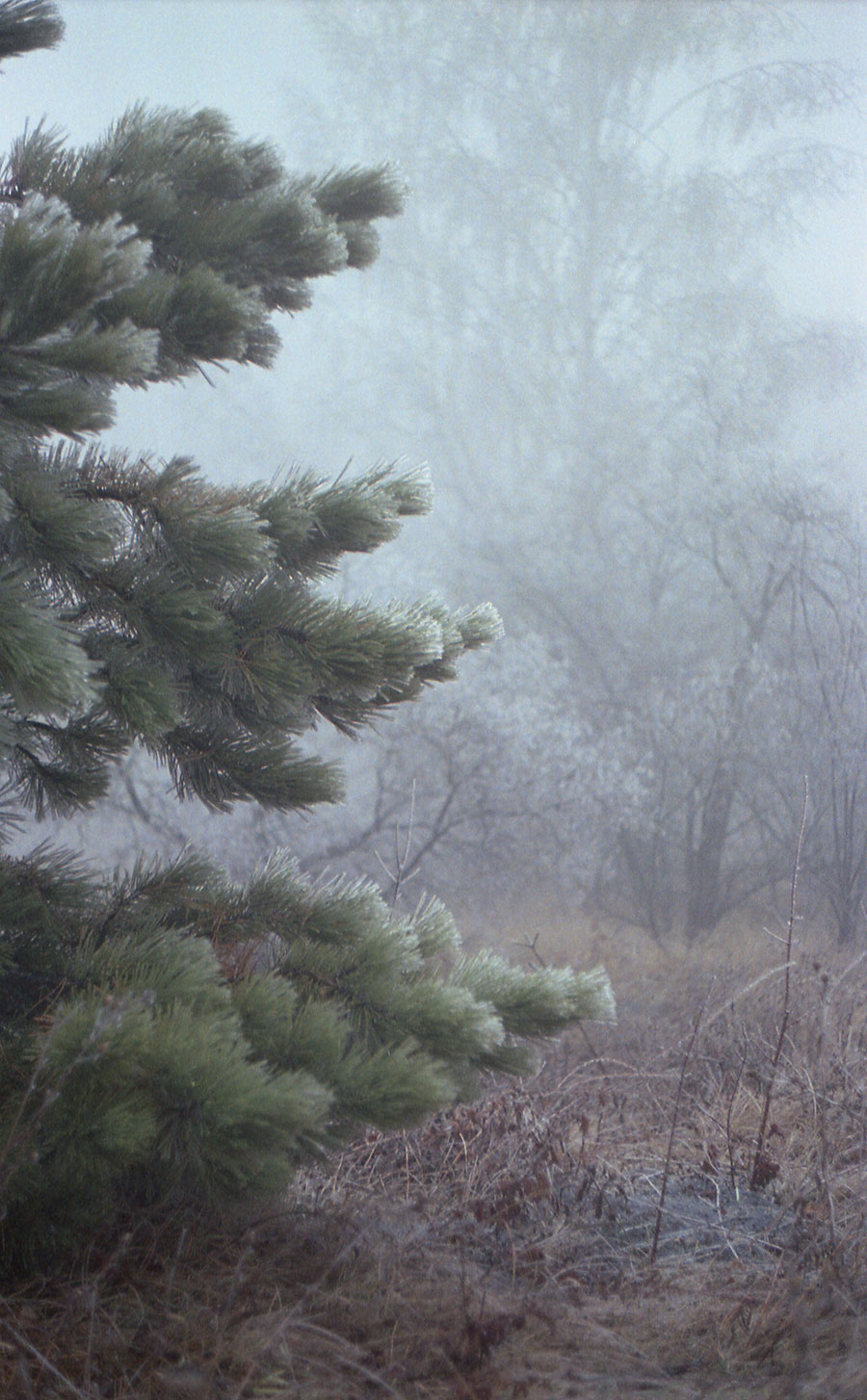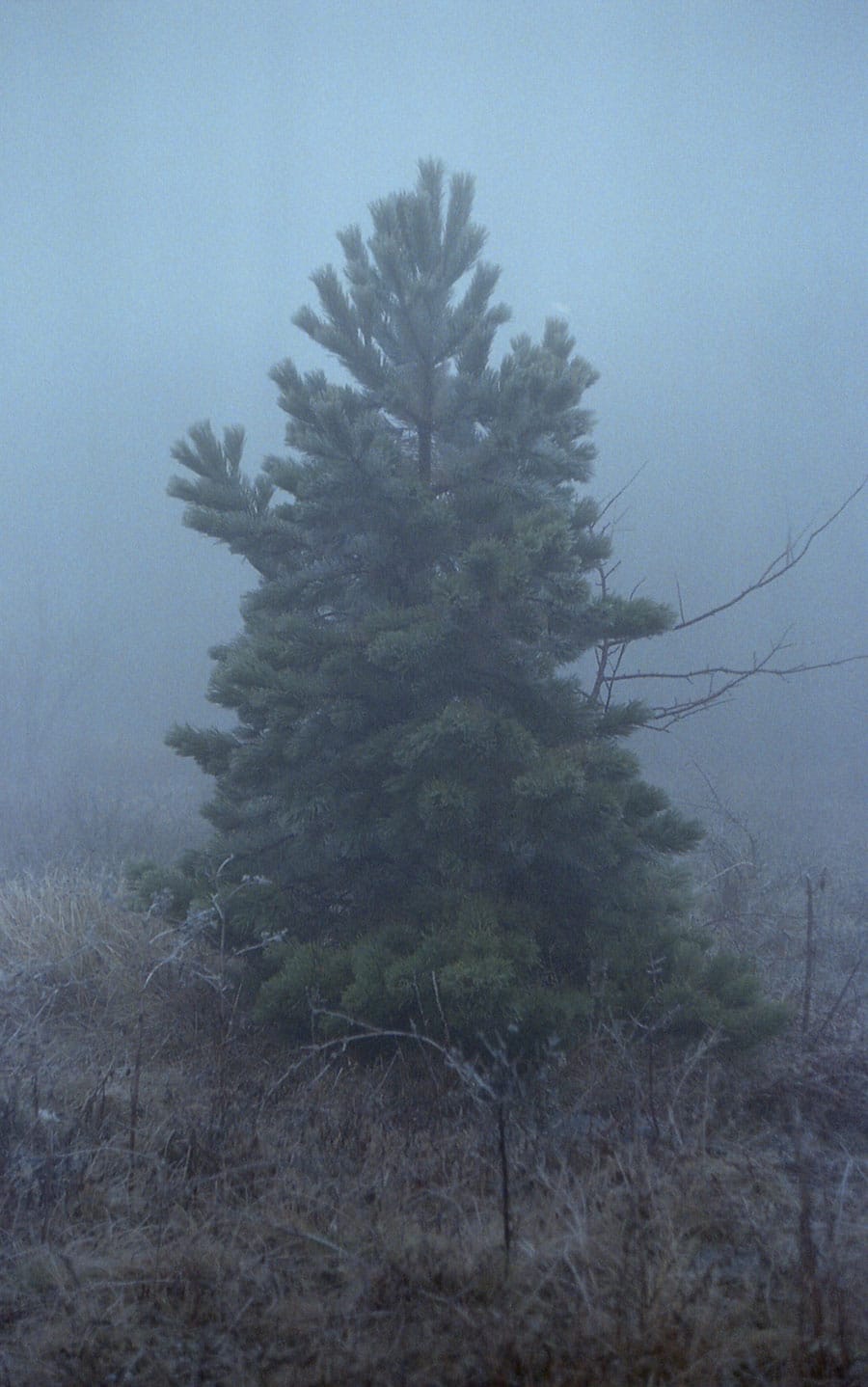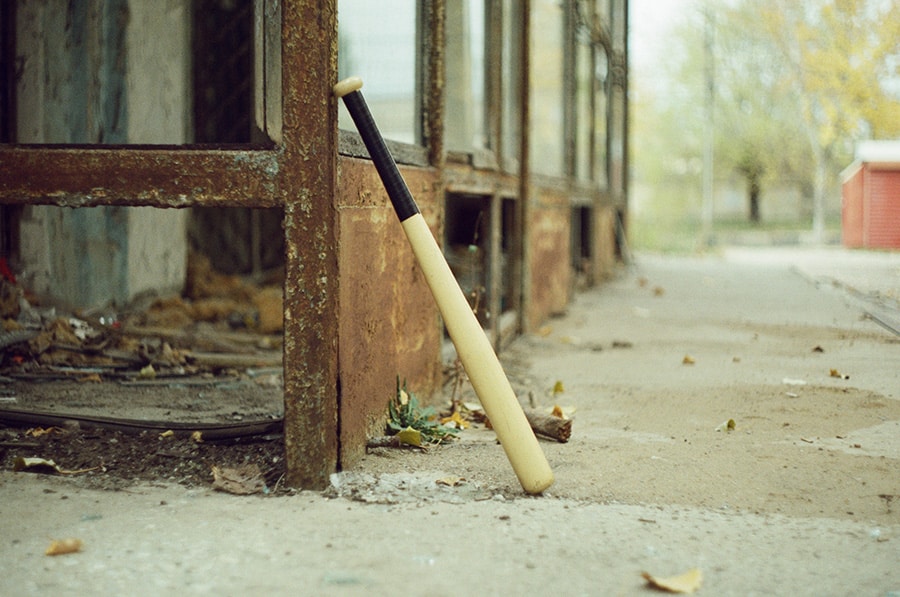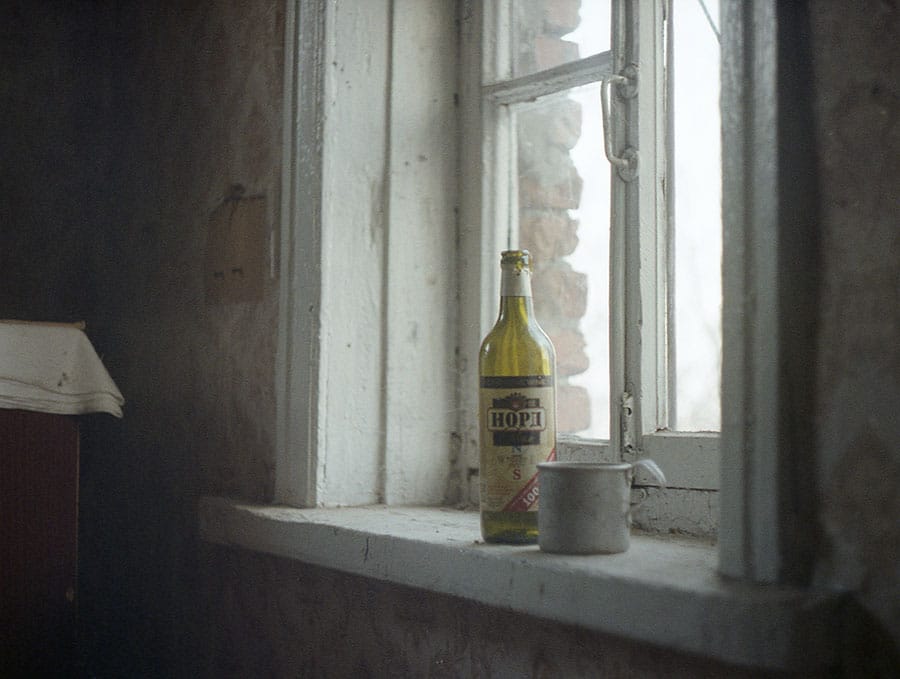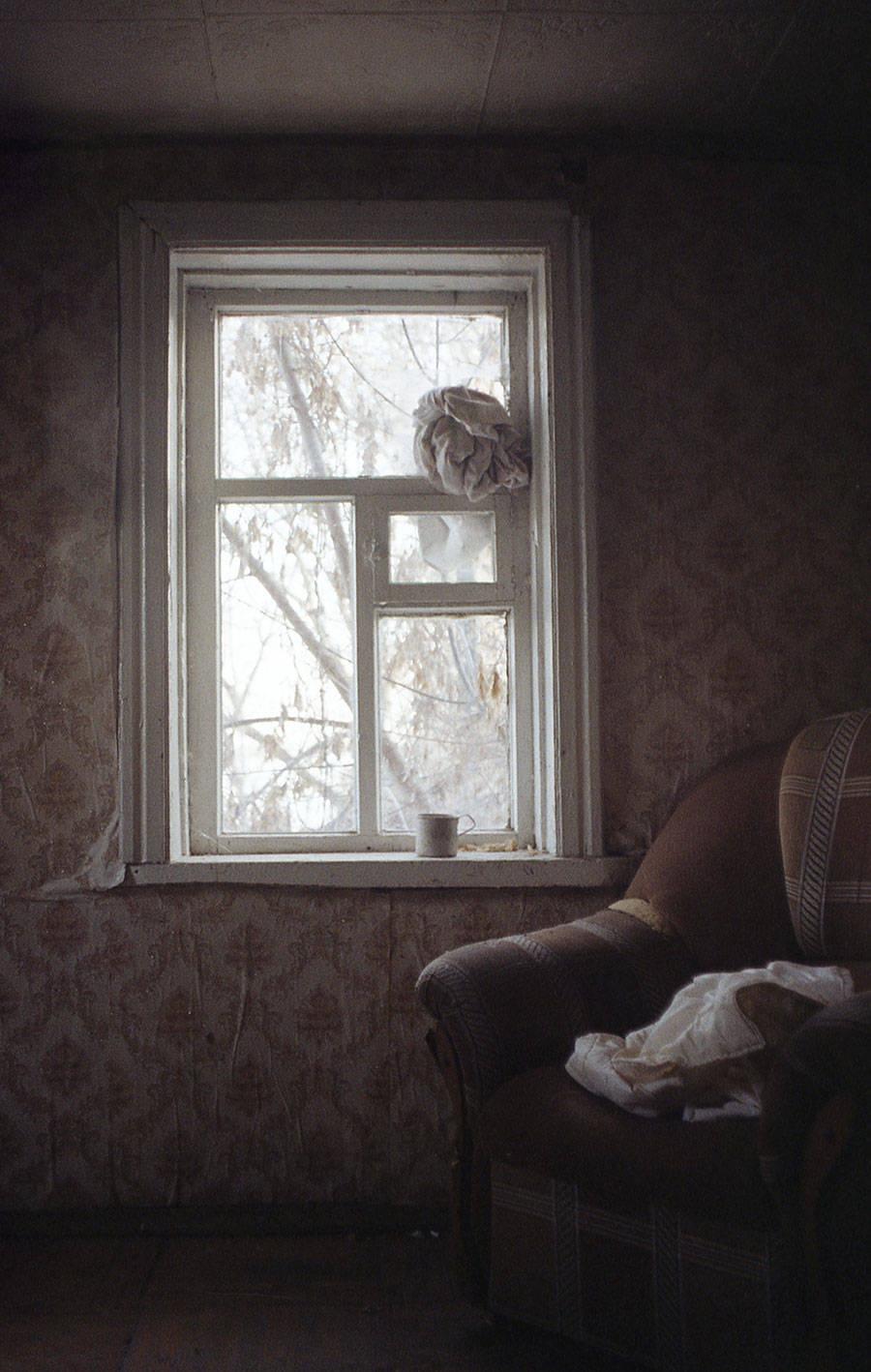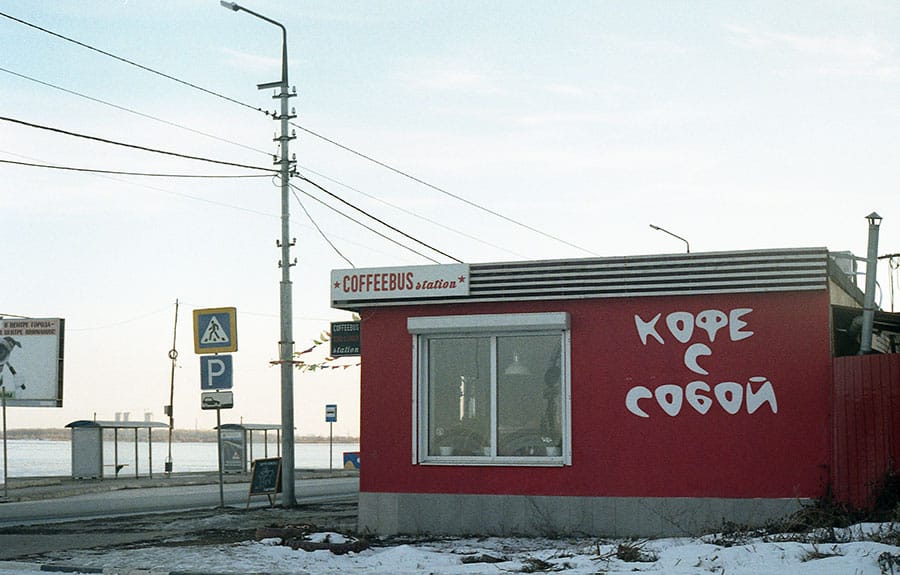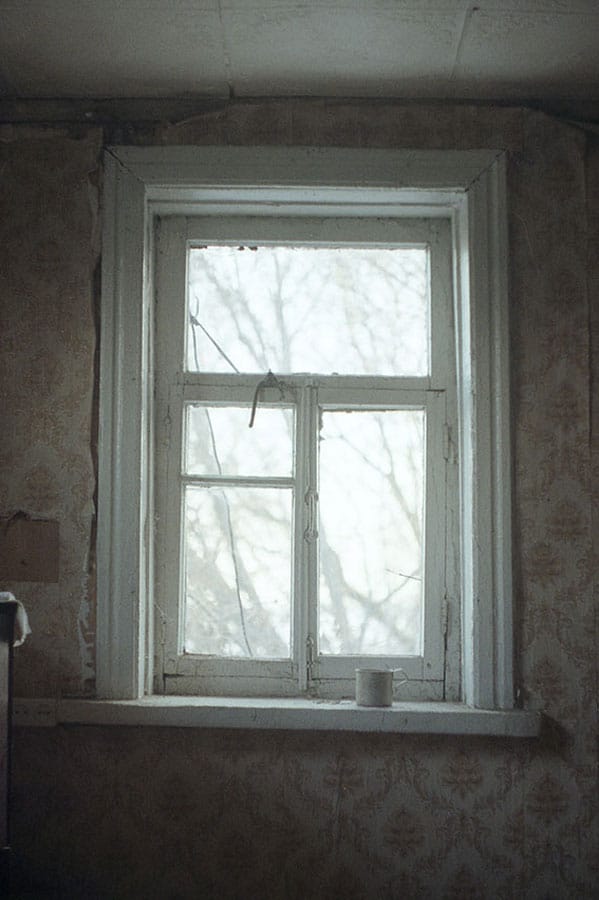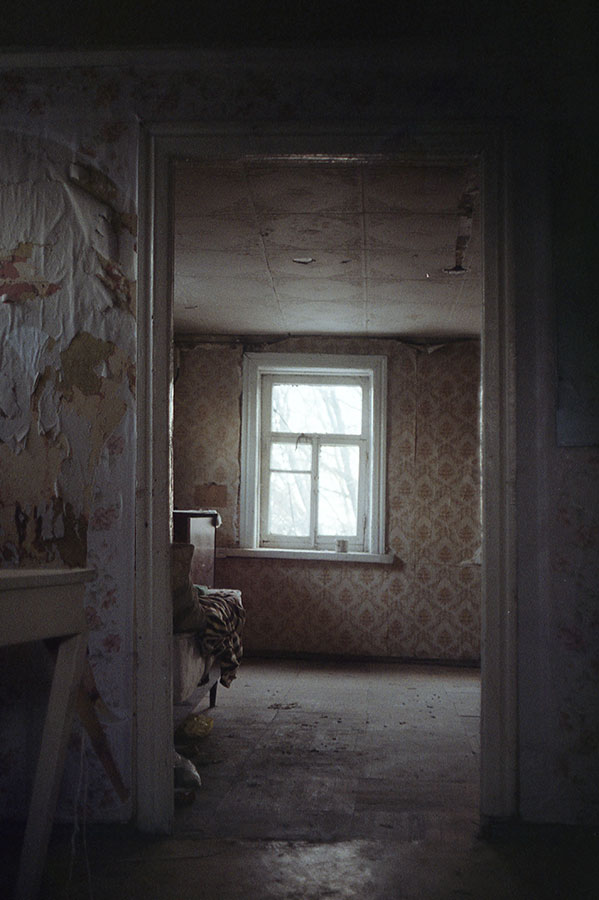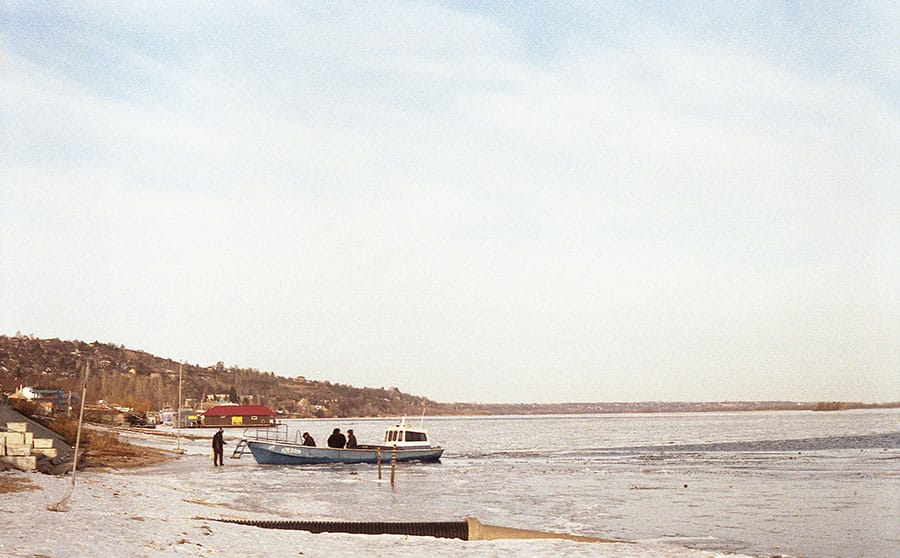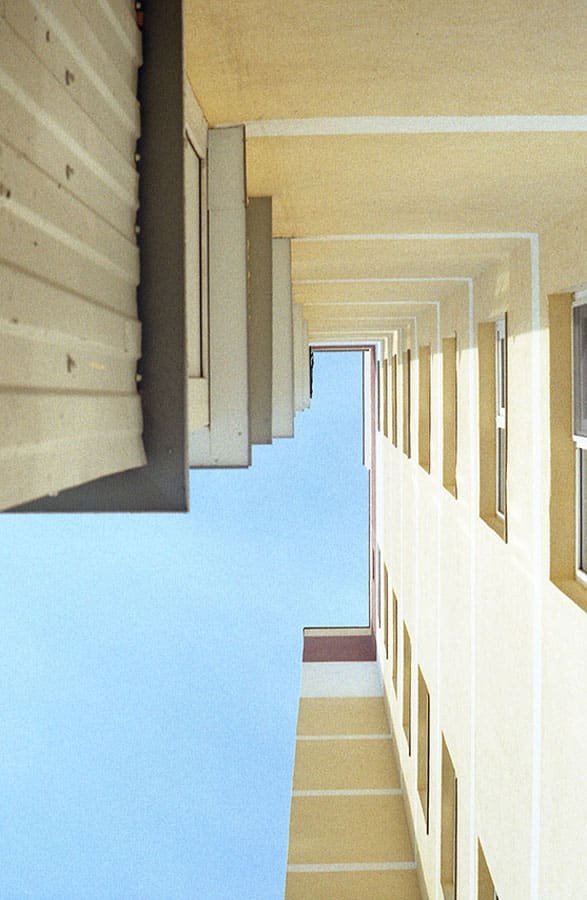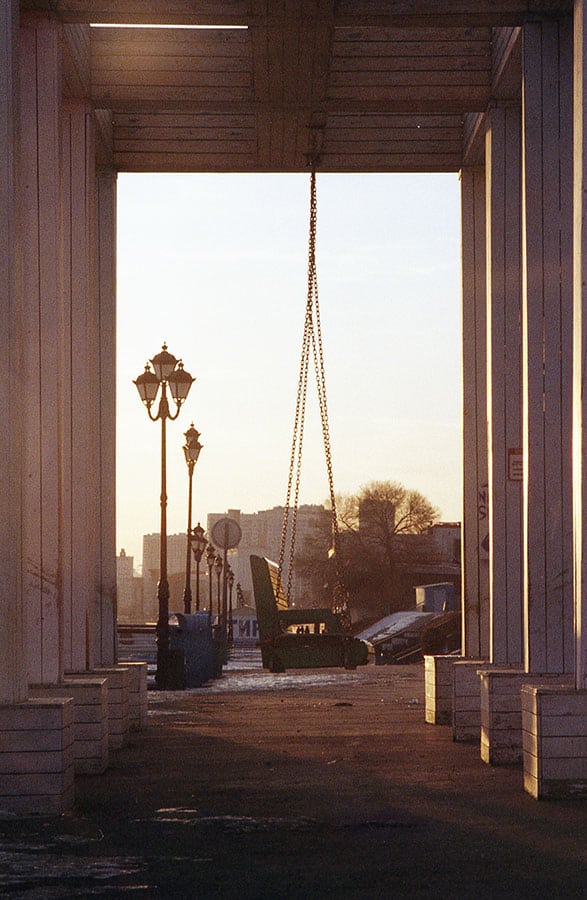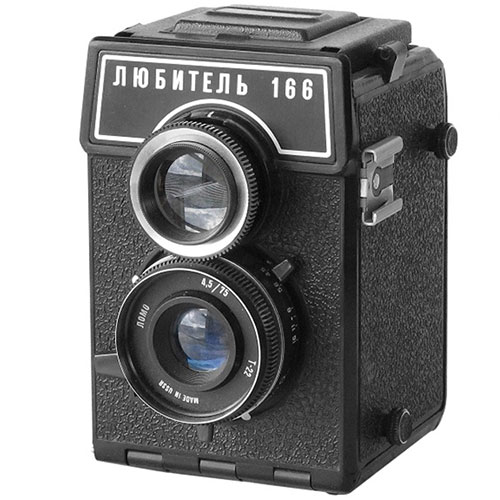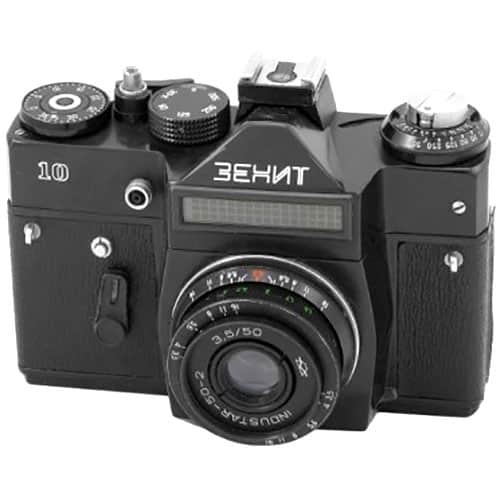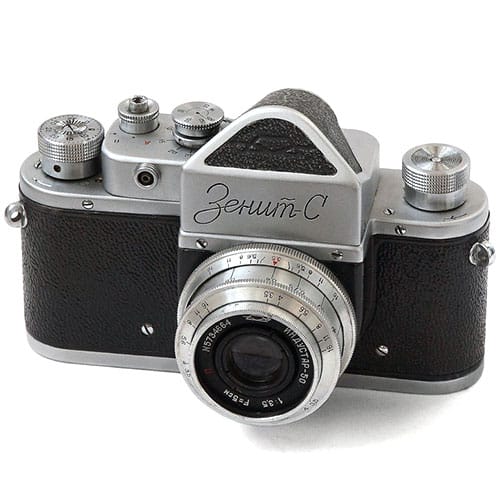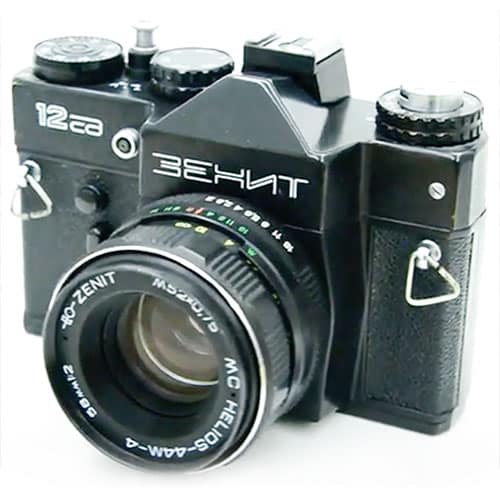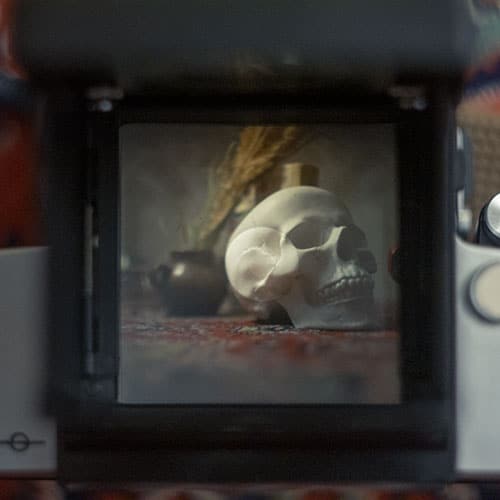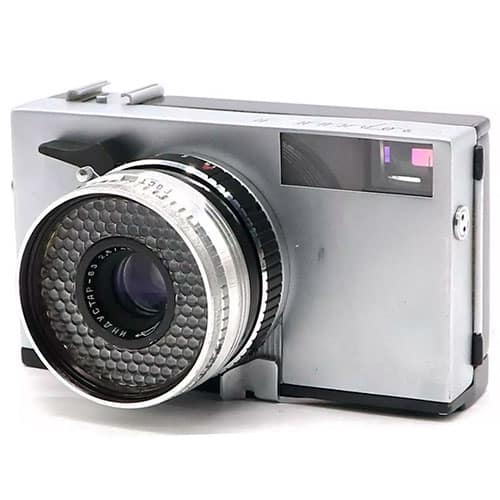Zenit-TTL
Zenit-TTL is a Soviet 35-mm film SLR camera, created at the Krasnogorsk Mechanical Plant (KMZ) and mass-produced from 1978 to 1985.
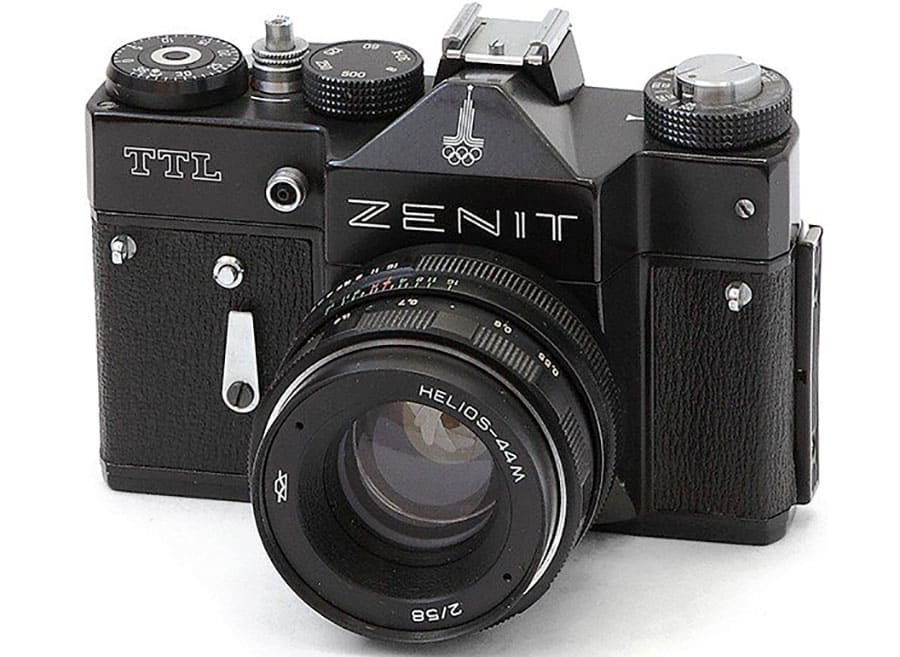
The Zenit-TTL camera was a further improvement of Zenit-E. The main difference between these cameras was the presence of a full-fledged built-in “Through The Lens” exposure meter, due to which the title contains the inscription TTL.
Zenit-TTL Specifications
- Type: 35mm SLR camera
- Manufacturer: BelOMO plant
- Production period: from 1977 to 1985
- Format: 24x36cm on 135 film
- Lens mount: m42 thread mount
- Lens: Helios-44m f2.0/58
- Viewfinder image field size: 20×28mm
- Shutter: focal-plane shutter with speeds from 1/30 to 1/500 sec.
- Viewfinder: SLR with non-removable pentaprism
- Lighmeter: built-in TTL light meter
- Flash synchronisation: sync socket “X”, sync speeds from 1/30 s and longer.
- Selftimer: mechanical
- Weight: 1010 grams
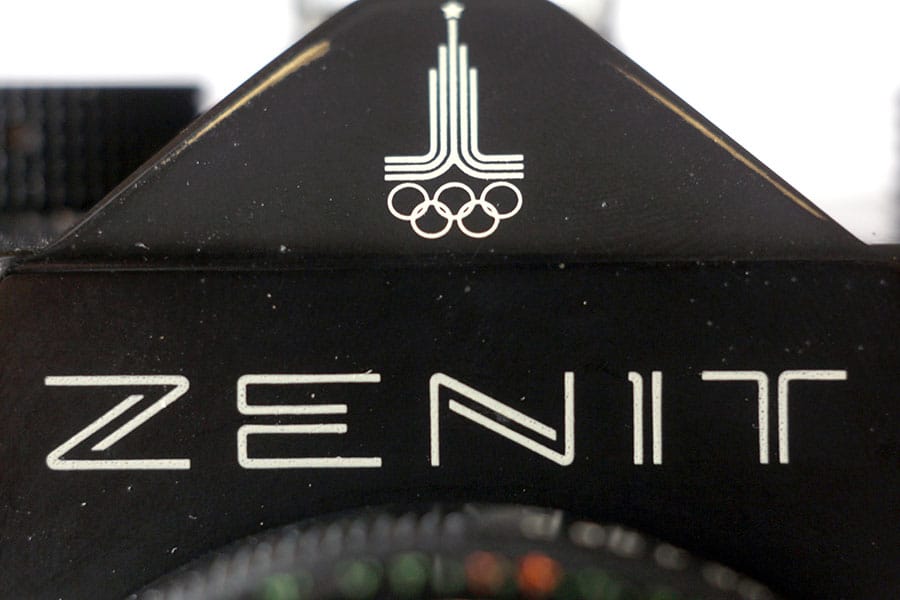
This SLR camera actually became the first serial anti-aircraft camera with such an exposure meter. Subsequently, almost all KMZ SLR cameras had TTL exposure meters.
The Zenit-TTL camera was equipped with a Helios-44M 2/58 lens. The camera has an M42 threaded mount, and accordingly, you can use any of a huge variety of lenses with this mount made both in the USSR and abroad.
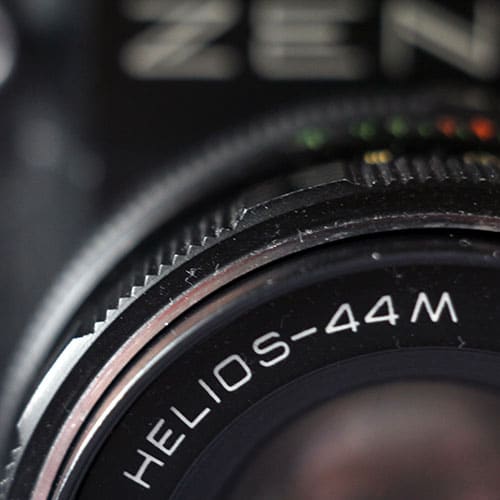
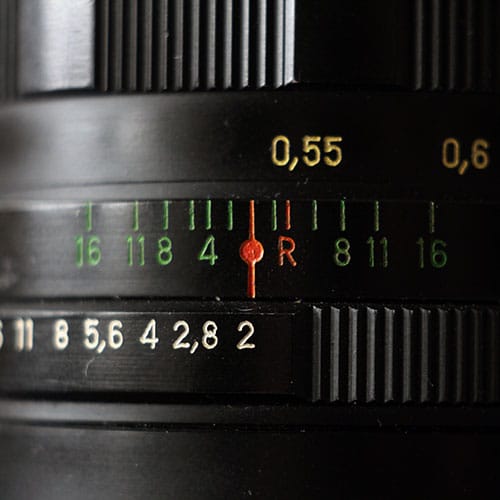
The camera has a cloth curtains shutter with shutter speeds of 1/30, 1/60, 1/125, 1/250, 1/500, and B. If you often read reviews on Sovietcameras.org, you probably noticed that the shutters of the Zenit cameras have never changed. Yes, Zenit-TTL uses the same shutter as in the first FED and Zorki cameras.
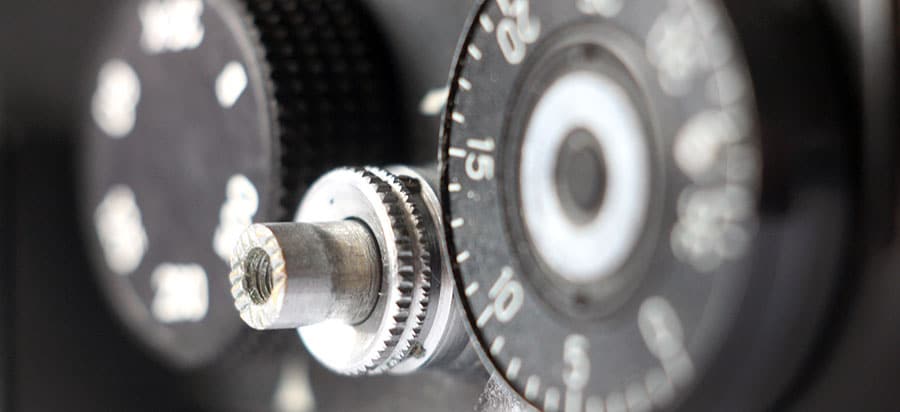
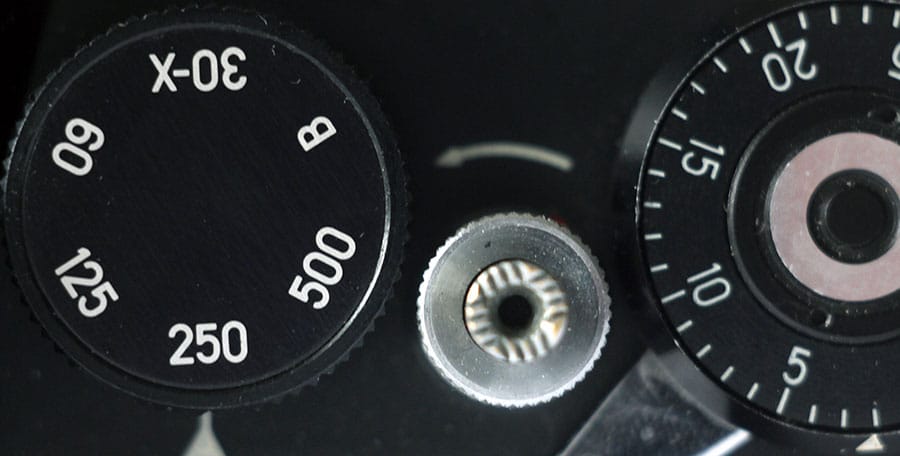
Zenit-TTL had many advantages over earlier Zenit models. In addition to the aforementioned exposure meter, the camera had a more comfortable shutter speed knob and a film rewind crank. The camera was also painted black, which is an advantage for many photographers who want to be a little more invisible.
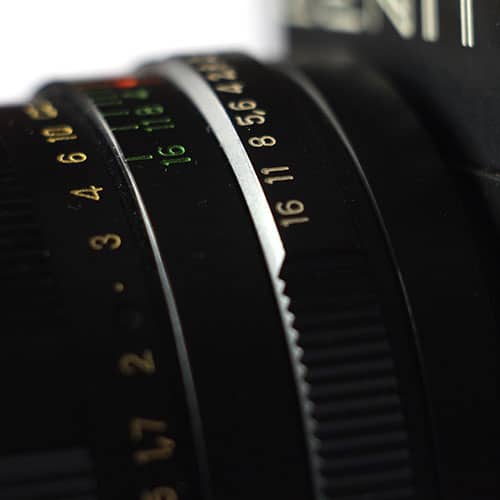
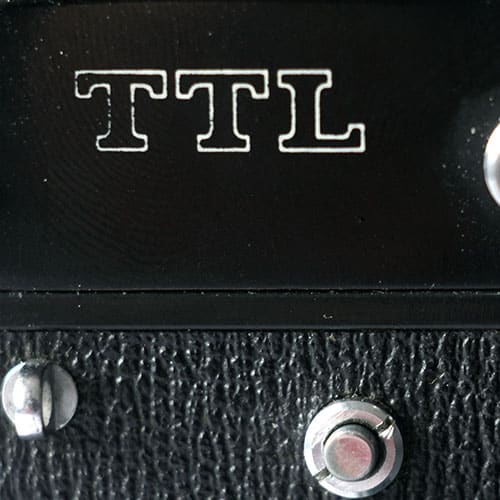
But we must not forget that it was a Soviet camera, therefore there were more simplifications in it than improvements in comparison with previous cameras. The most important deterioration in this camera, in the opinion of Sovietcameras.org, is a very dark viewfinder, which greatly complicates the focusing.
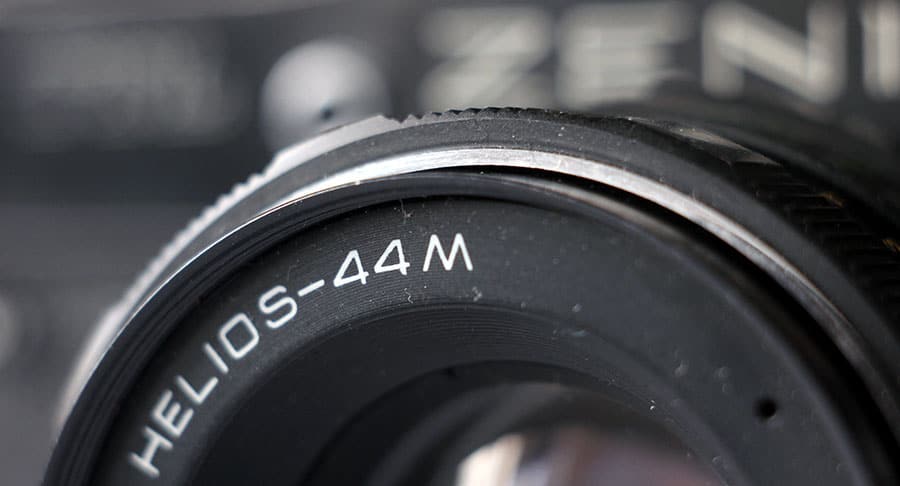
In addition, we should not forget about the tendency of the Soviet industry to worsen build quality every year, which means that this camera was worse than previous Zenits in terms of quality.
Despite the fact that the Zenit cameras still improved little by little, their lag behind the German and Japanese (for example Nikon FM, which began production in the same year) cameras every year became more and more noticeable. For example, the Zenit TTL produced in the eighties had the same set of shutter speeds as the first Zenith, FED, and Zorki cameras that were produced in the ’40s and ’50s.
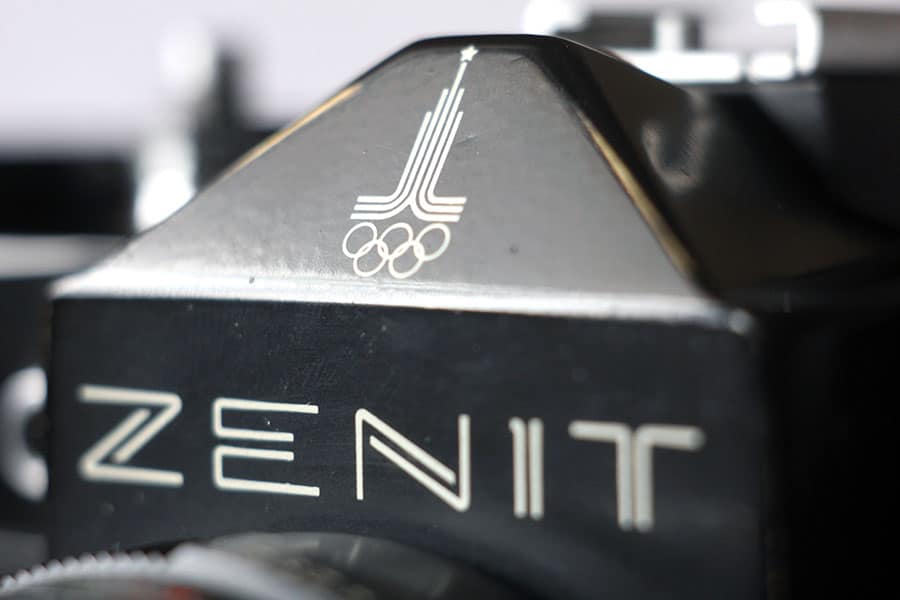
Of course, for the middle of the twentieth century, it was a pretty good set to shutter speeds, but for the end of the twentieth century, this set was incredibly meager. And this is the most noticeable detail. Zenit-TTL had a huge number of other details, because of which this camera was hopelessly lagging behind cameras produced outside the USSR.
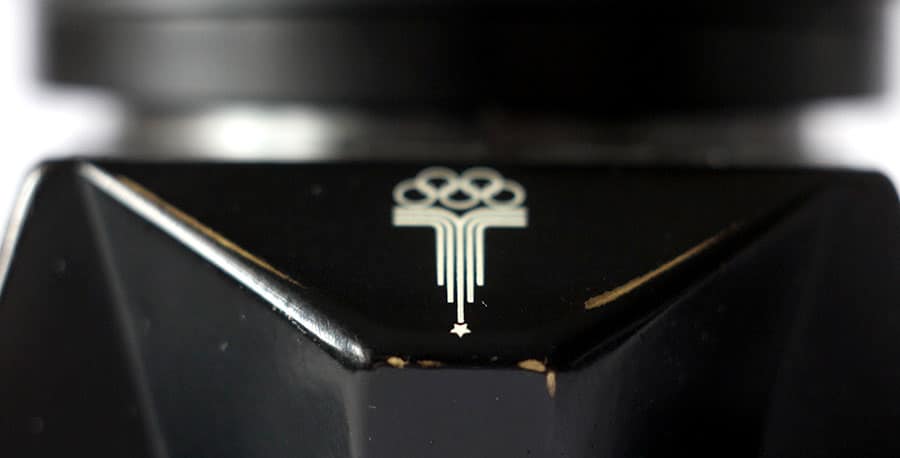
Conclusion
In light of this, is Zenit-TTL a bad camera?
The team of Sovietcameras.org thinks that not. Zenit-TTL is a pretty good camera, being actually the same Zenit-E with some useful improvements. The built-in TTL light meter is much more convenient than the light meter at Zenit-E, and the depth-of-field preview mechanism simplifies the solution of your photographic tasks. The only truly unpleasant detail in this camera is the dark viewfinder.
So we can say that Zenit-TTL is a pretty good camera, especially considering its incredibly low price
ZENIT-TTL PHOTOS
